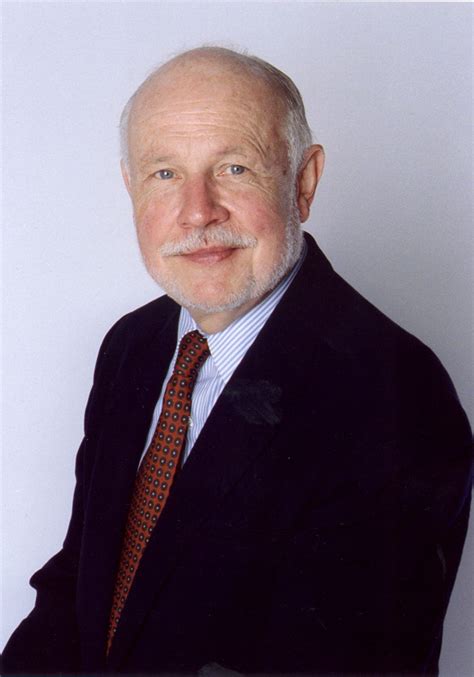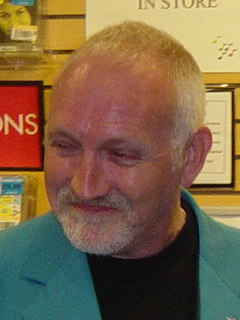A Quote by Graydon Carter
'The Guardian,' with its deep journalistic traditions, is careful about context and explanation. It sees itself as a gatekeeper, and it worries about consequences.
Quote Topics
Related Quotes
The gentleman has nine cares. In seeing he is careful to see clearly; in hearing he is careful to hear distinctly; in his looks he is careful to be kind, in his manner to be respectful, in his words to be sincere, in his work to be diligent. When in doubt he is careful to ask for information; when angry he has a care for the consequences; and when he sees a chance for gain, he thinks carefully whether the pursuits of it would be right.
Pulling a gun's trigger can be an appalling act. But if it is suicidal drawing fire to save someone, it has an utterly different meaning. Placing your hand on someone's arm can be an act of deep compassion or the first step of betrayal. The punch line? It's all about context, and the biology of context is vastly more complicated than the biology of the behavior itself.
The best crime stories are always about the crime and its consequences - you know, 'Crime And Punishment' is the classic. Where you have the crime, and its consequences are the story, but considering the crime and the consequences makes you think about the society in which the crime takes place, if you see what I mean.

































